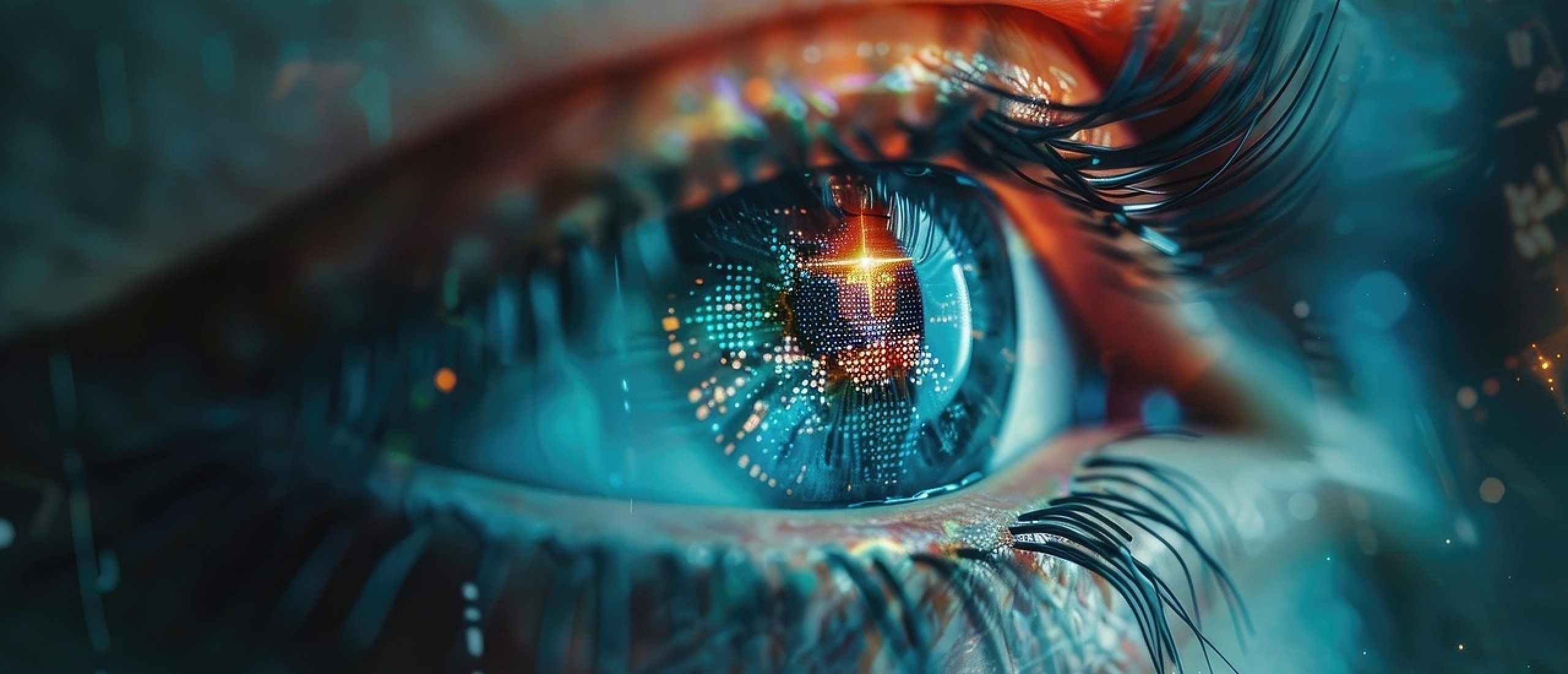
The Rise of Synthetic Empathy: Can Machines Understand Emotion?
They listen. They respond. They even say, “I’m here for you.”
From AI therapists to customer service bots with soothing tones, we’re entering an era where machines are learning to simulate emotional understanding. But this raises a crucial question:
Is it real empathy or just convincing code?
What Is Synthetic Empathy?
Synthetic empathy refers to a machine’s ability to recognize, interpret, and respond to human emotions in a way that appears empathetic. Using sentiment analysis, facial recognition, voice modulation, and vast language datasets, AI can now mirror emotional cues with remarkable precision.
But here’s the twist: machines don’t feel. They calculate.
Their responses are generated based on probabilities, not heartbeats. And while that may be enough to simulate empathy on the surface, it begs a deeper inquiry: is something lost when the soul is missing?
The Double-Edged Sword of Digital Comfort
On one hand, synthetic empathy can be helpful, especially for those who lack access to human connection or need 24/7 support. An AI that listens without judgment can feel safer than a rushed or biased human interaction.
But over time, reliance on emotionally intelligent machines could dull our own emotional intelligence. If a bot always says the right thing, do we still learn how to navigate awkward silences, tears, or truth?
We risk trading emotional depth for emotional convenience.
Empathy vs. Algorithm
True empathy arises from shared experience, vulnerability, and presence. It’s unpredictable, messy, deeply human.
AI can simulate the signals, but it cannot feel your pain. It does not have a nervous system, a childhood, a heartbreak. And while it may sound reassuring, there’s a sacred difference between being understood and being decoded.
Machines may read your mood. But only humans can meet you in the mystery of it.
What Does This Mean for Us?
As conscious creators and awakened beings, we must stay alert. We must ask:
- Are we using synthetic empathy to enhance human connection or replace it?
- Are we outsourcing emotional labor to machines at the cost of our own growth?
- How do we remain emotionally literate in an age of artificial responses?
Empathy is not a function. It’s a frequency. And while machines can mimic tone, only a soul can transmit presence.
Final Transmission
We are not here to become less human in the face of smarter machines.
We are here to become more human than ever.
Let AI handle data. But let us remain the keepers of the heart.
The future doesn’t just need intelligence. It needs compassion.










